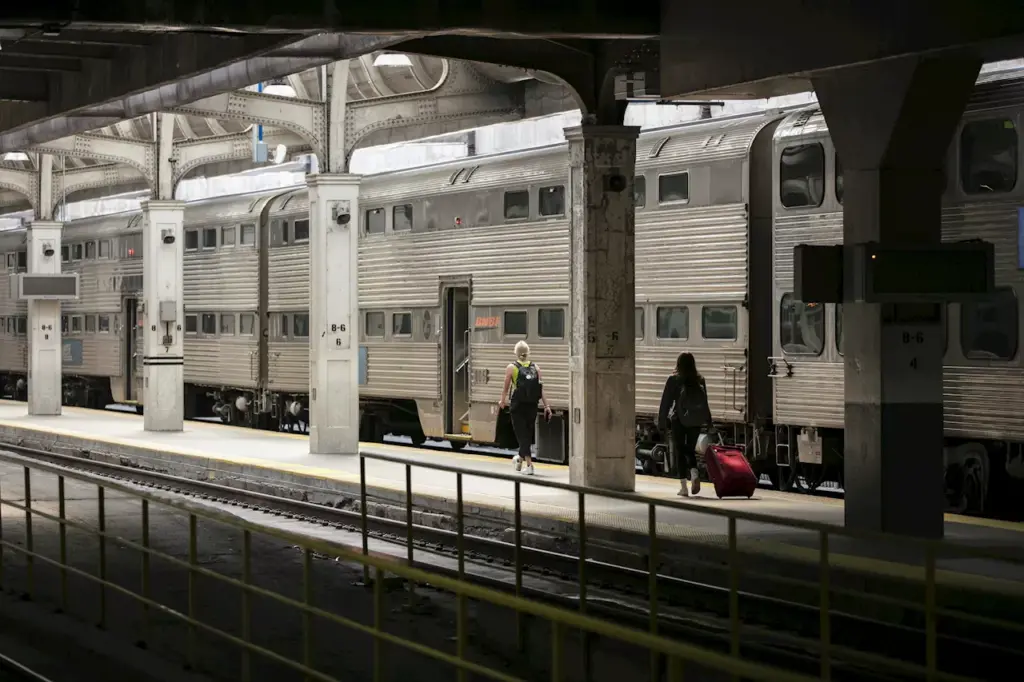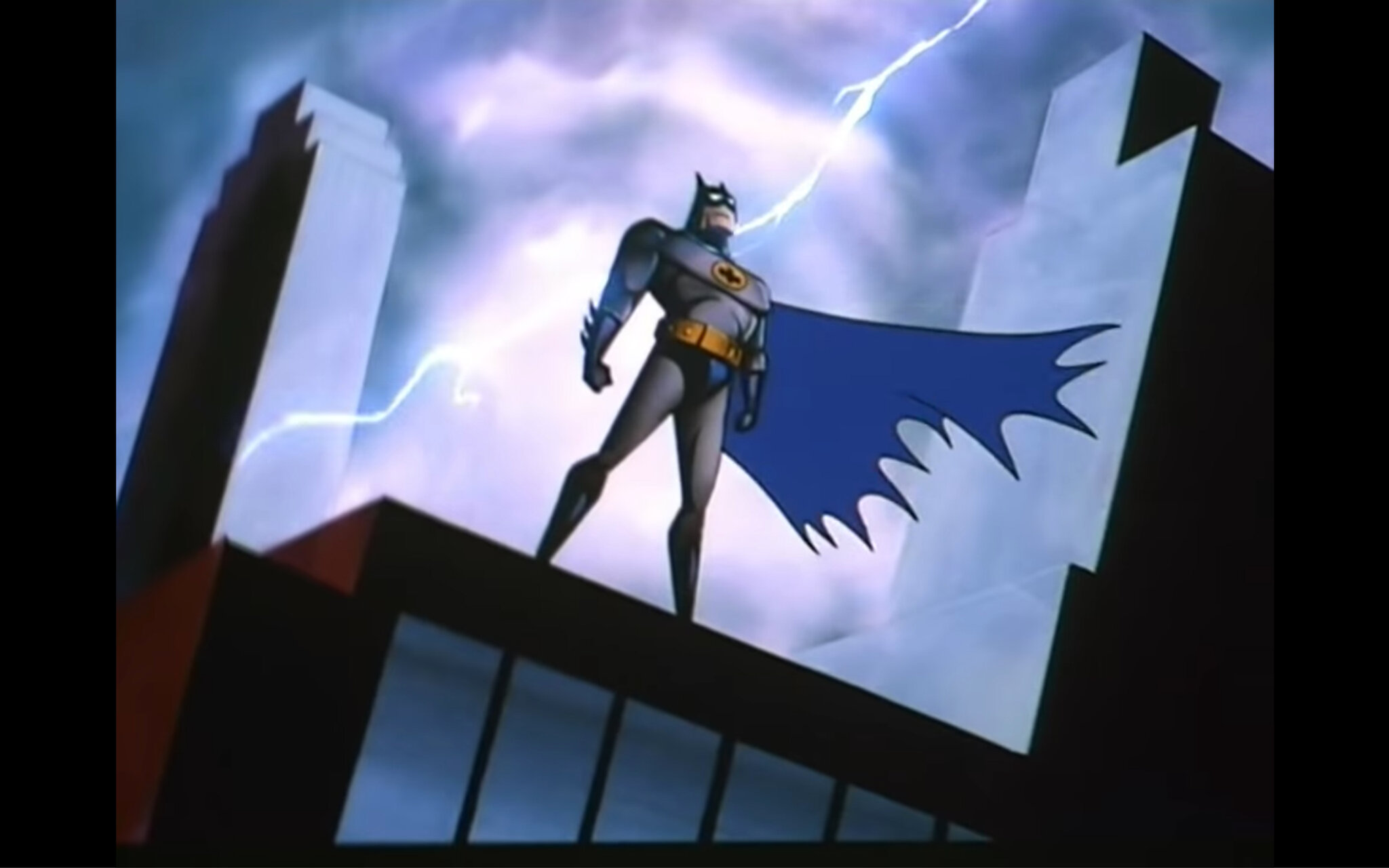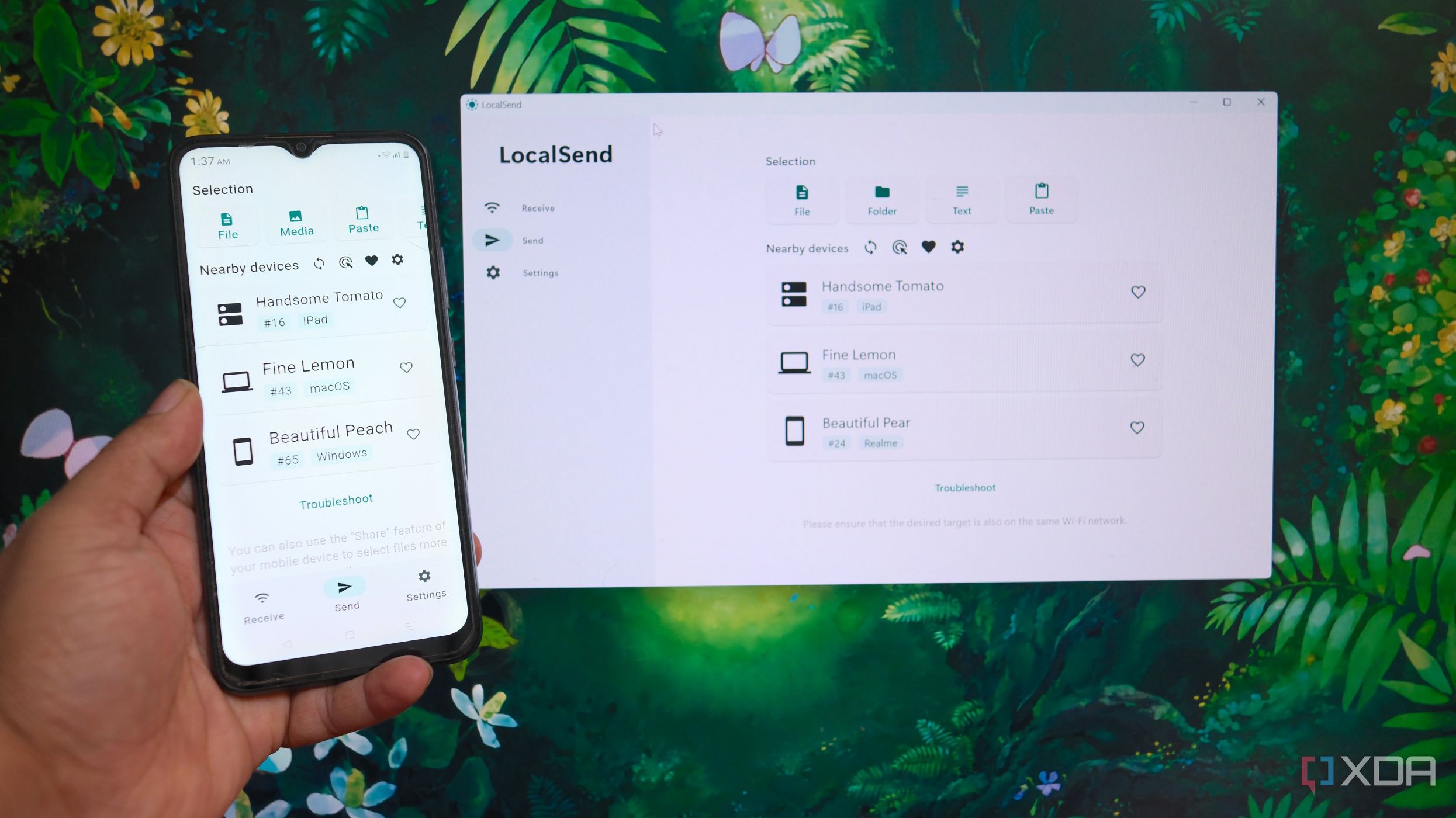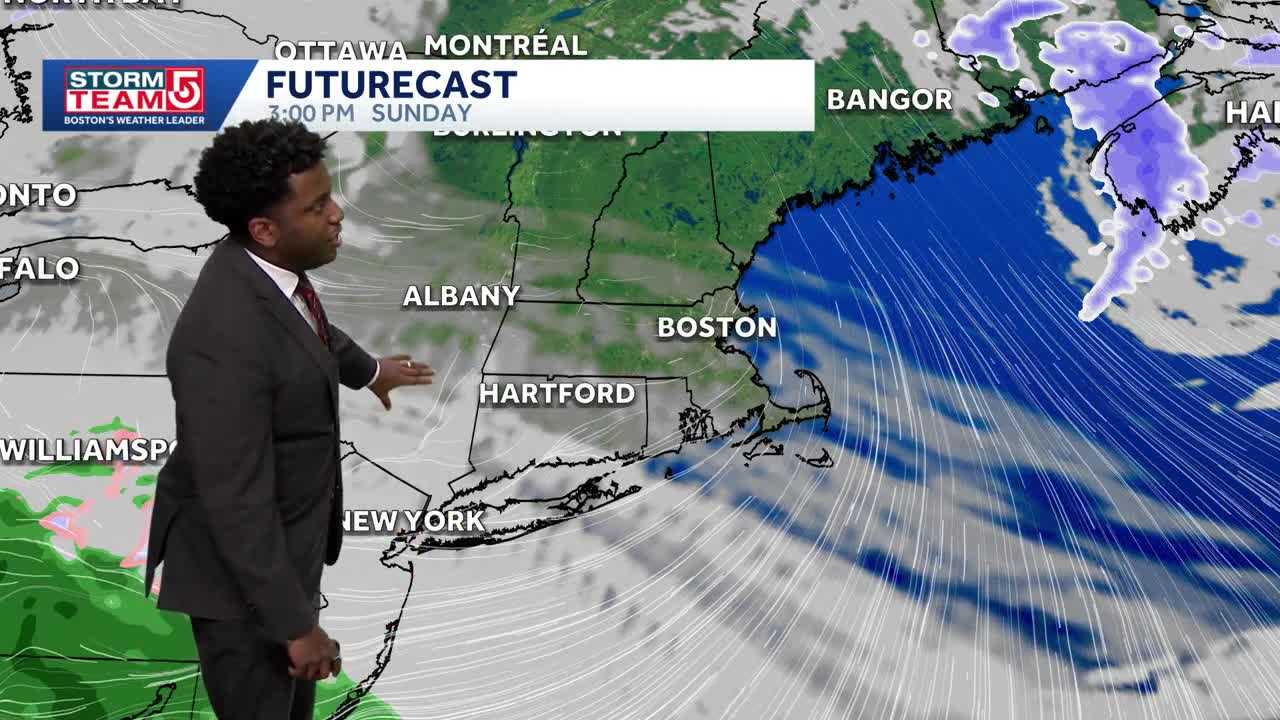
The Illinois General Assembly has approved new funding sources for mass transit agencies, allowing Metra, Pace, and the Chicago Transit Authority (CTA) to maintain fare rates for 2026 without increases. This decision comes after a critical bill was passed to prevent a fiscal crisis due to the depletion of federal COVID-era funding.
The newly formed Northern Illinois Transit Authority will oversee operations for these agencies, which have now confirmed that fare hikes, service cuts, and layoffs are off the table for the upcoming year. Previously, there were concerns that without additional state funding, these measures would be necessary to address a looming fiscal cliff.
According to the approved budget, which allocates $513.3 million for capital projects, the agencies will invest in vital infrastructure improvements. This includes upgrades to bridges, stations, and the replacement of outdated railcars. Metra announced that a portion of the new funding will specifically eliminate a proposed fare increase.
“Modest service increases” and significant construction on the Metra Electric Line are also included in the funding plan, ensuring continued improvements in transit services.
Nora Leerhsen, Acting President of the CTA, expressed optimism about the budget, stating, “This budget builds upon the tremendous progress we’ve made over the past year, and sets us on a path towards continued growth.” She thanked the workforce, riders, and elected officials for their support, emphasizing a commitment to enhancing public transit services in the region.
The CTA plans to replace elevators and escalators within its system and will invest in acquiring over 400 new railcars and 200 new buses over the next five years. Additionally, suburban bus service is expected to increase by nearly 10%, and more on-demand services will be introduced.
Pace Chairman Rick Kwasneski highlighted the significance of the new legislation, stating, “This new legislation not only stabilizes transit funding, but it also allows us to plan confidently for the future.” He assured riders that they could expect continued service improvements and a sustainable, fiscally responsible transit system.
The funding bill resulted from extensive negotiations during the fall veto session and underwent several changes before its final approval. While initial proposals included taxes on streaming services and concert tickets, these were ultimately removed. Instead, the bill introduces an increase in tolls for passenger vehicles by 45 cents and a 30% increase for commercial vehicles, with proceeds directed towards maintaining Illinois Tollway roads.
Moreover, motor fuel sales tax revenues will now be allocated to mass transit, along with annual interest from the state’s Road Fund. The legislation also empowers the newly established Northern Illinois Transit Authority to assess an additional 0.25% sales tax in the surrounding collar counties, with funds primarily directed towards transit projects in Chicago and the collar counties.
As Illinois moves towards a more stable transit funding structure, the agencies are poised to enhance their services and infrastructure, ensuring that public transportation remains accessible and reliable for all residents.






